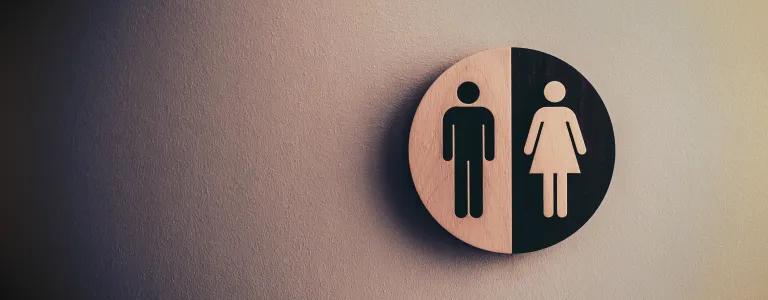
Sex Education: Are We Taught Enough?
For Sexual Health Awareness Week, we caught up with NCS grad, Amy to get her thoughts on sex ed in schools and beyond. Over to you, Amy...
As a society, I believe our job is to educate people. In my opinion, the reason we have a lot of the issues we do now is due to a lack of education. By ‘education’, I'm not just talking about school, I'm talking about the lessons that life has to offer. The one thing I believe has been massively neglected by both the education system (by which I mean schools) and the system of education (by which I mean society's responsibility) is sexual health education.
School is where young people spend five out of seven days a week. You build up to your SATS, then your GCSEs and then A-Levels. Immense pressure is put on you to decide on a post-eighteen route – university, an apprenticeship or whatever else you see fit. However, exam results do not determine your level of intelligence and although exam results are important, I think they also fail us as young people because issues such as sexual health and sex education aren't discussed in the depth they should be.

It isn't just about schools, it is a societal duty for all to educate. Sex is still very taboo within certain cultures and some parents don’t feel right discussing it with their children. I respect this on the grounds that they then accept schools will step in to fulfil this role. I personally believe it is an injustice when parents don’t want to discuss sex with their children and then have issues with a youth worker or school taking on this responsibility. We can’t expect young people to go forwards into such a pressurising world blind to the reality of what sex is.
The one thing I do believe has become more widely spoken about is the importance of consent. I think this has been a massive step forwards in breaking the taboo! To put it simply, ‘yes’ means ‘yes’, and ‘no’ means ‘no’! For people who are considering becoming sexually active, it is vital they understand that they have control over what happens. It is about mutual respect between two people and understanding the closeness of it all, both mentally and physically. I seriously cannot stress this enough!

My sex education experience was more of an overview. It was all about protecting yourself from pregnancy and protecting yourself from sexually transmitted diseases – it was just about 'the birds and bees' as some people call it. However with this, nobody tells you the horror stories of being on the pill, how to go about getting an abortion, how damaging a sexually transmitted disease can be or how sex isn't just about a penis and a vagina. We get top-level education which then increases the stigma surrounding sexual health awareness. It also means we are left to our own devices to discover what the educators haven’t actually disclosed...
Instead, we go and search for it ourselves which is why we have now ended up with so many young people watching porn. Not to mention the fact that nobody has ever discussed LGBT relationships or sex education with us, which then fundamentally leads to divides in society because it only focuses on ‘the majority’.

Why should so many young people feel outcasted because the curriculum for these issues is so narrow? It is then a matter of injustice and therefore, we are failing our young people.
This Sexual Health Awareness Week, don’t be afraid to ask questions! Ask a friend, family member or a trusted adult and stay open to what is going on. Sex should never be something that you are afraid to talk about because at the end of the day, it is something we all end up doing! Just remember to keep talking and if anything, be true to yourself.

Thanks Amy! And it’s great to hear that changes are in the works. We caught up with our Education Team and they had some good news for us. From September 2020 ALL schools will be expected to include more in their sex ed programmes. LGBT examples will be used in every aspect of the education, information about STIs, the laws surrounding abortion and how to find out about services in your area will all be covered. And even better, guidance for this has already been shared with schools and many are acting on it.


